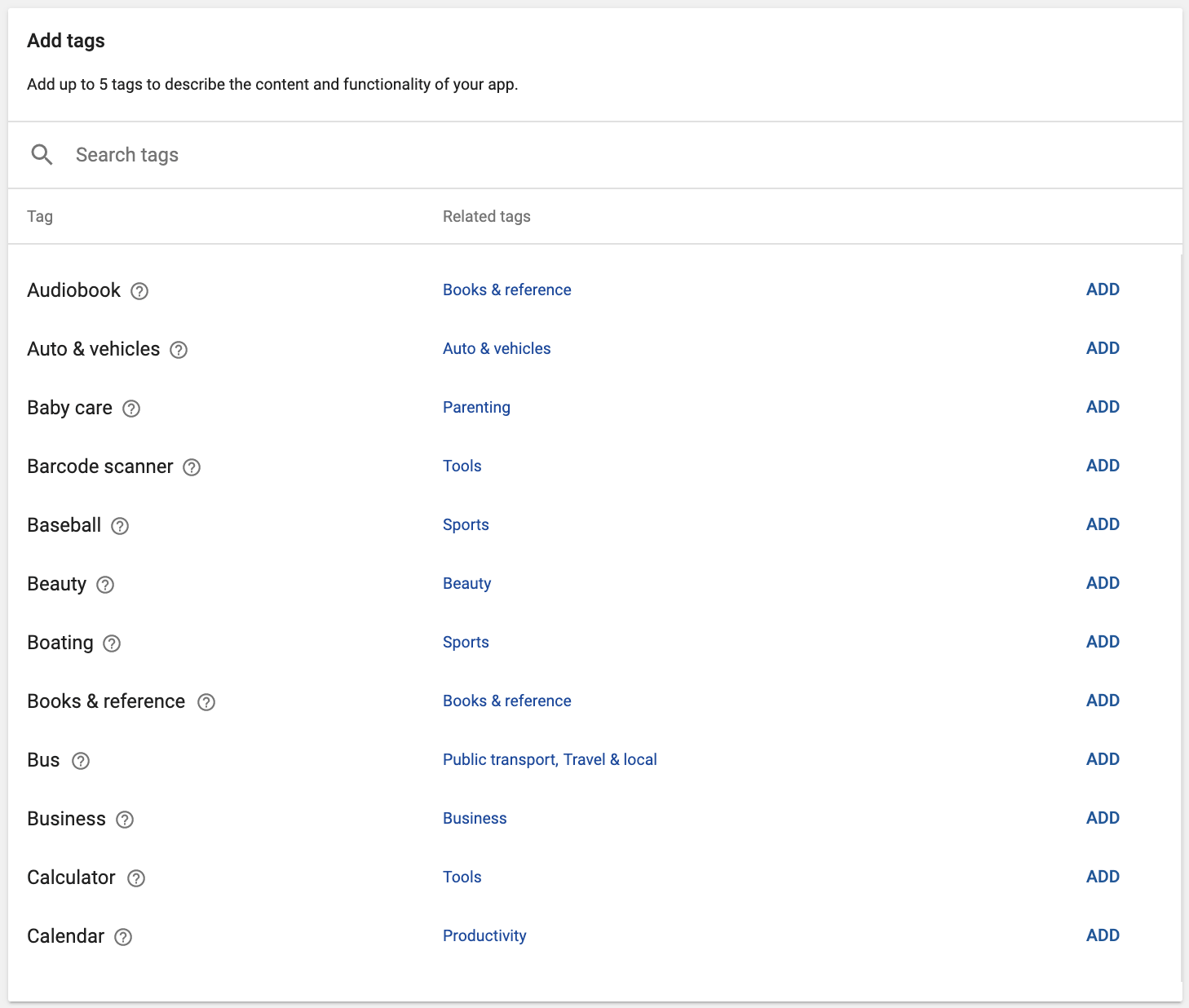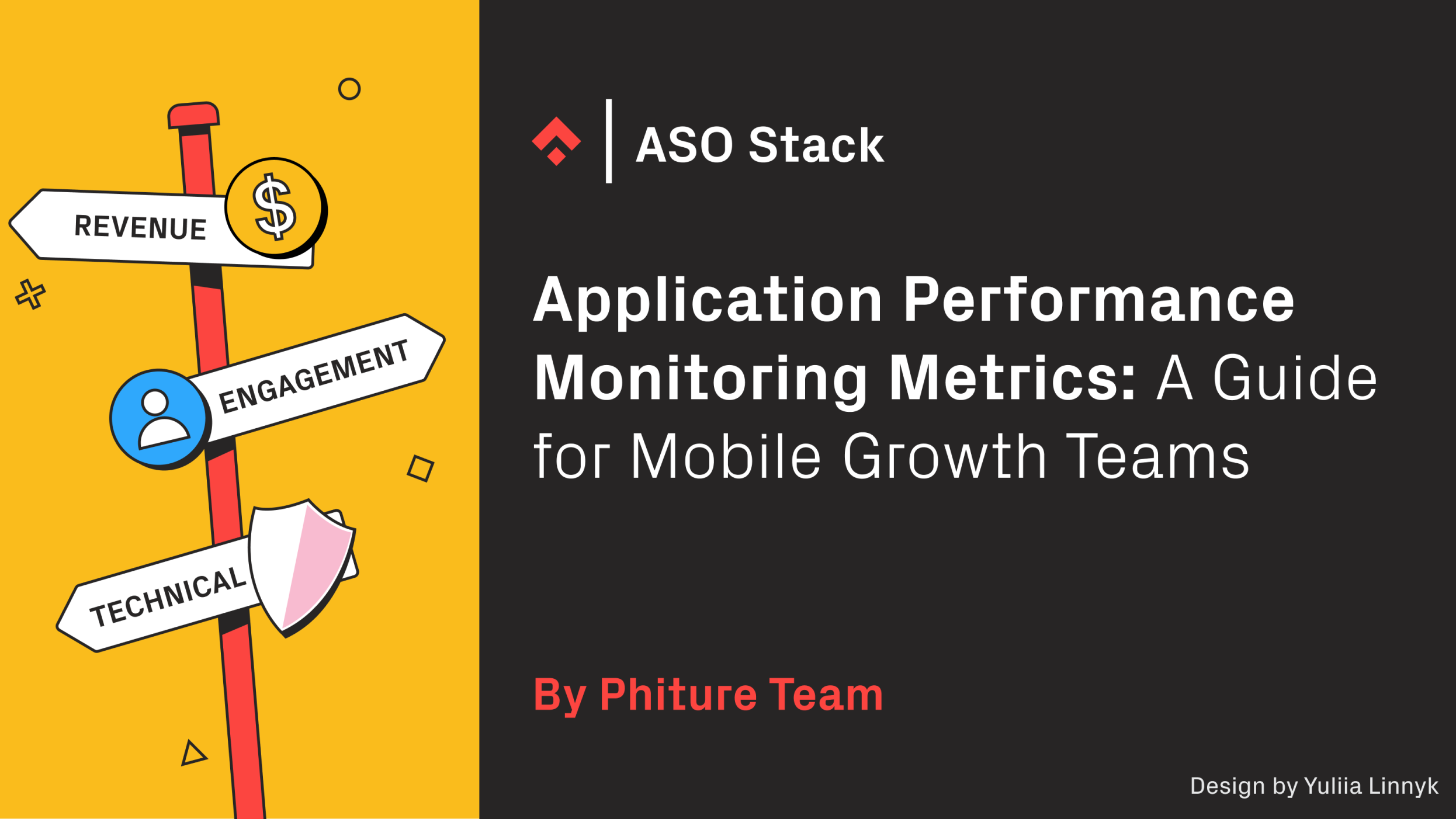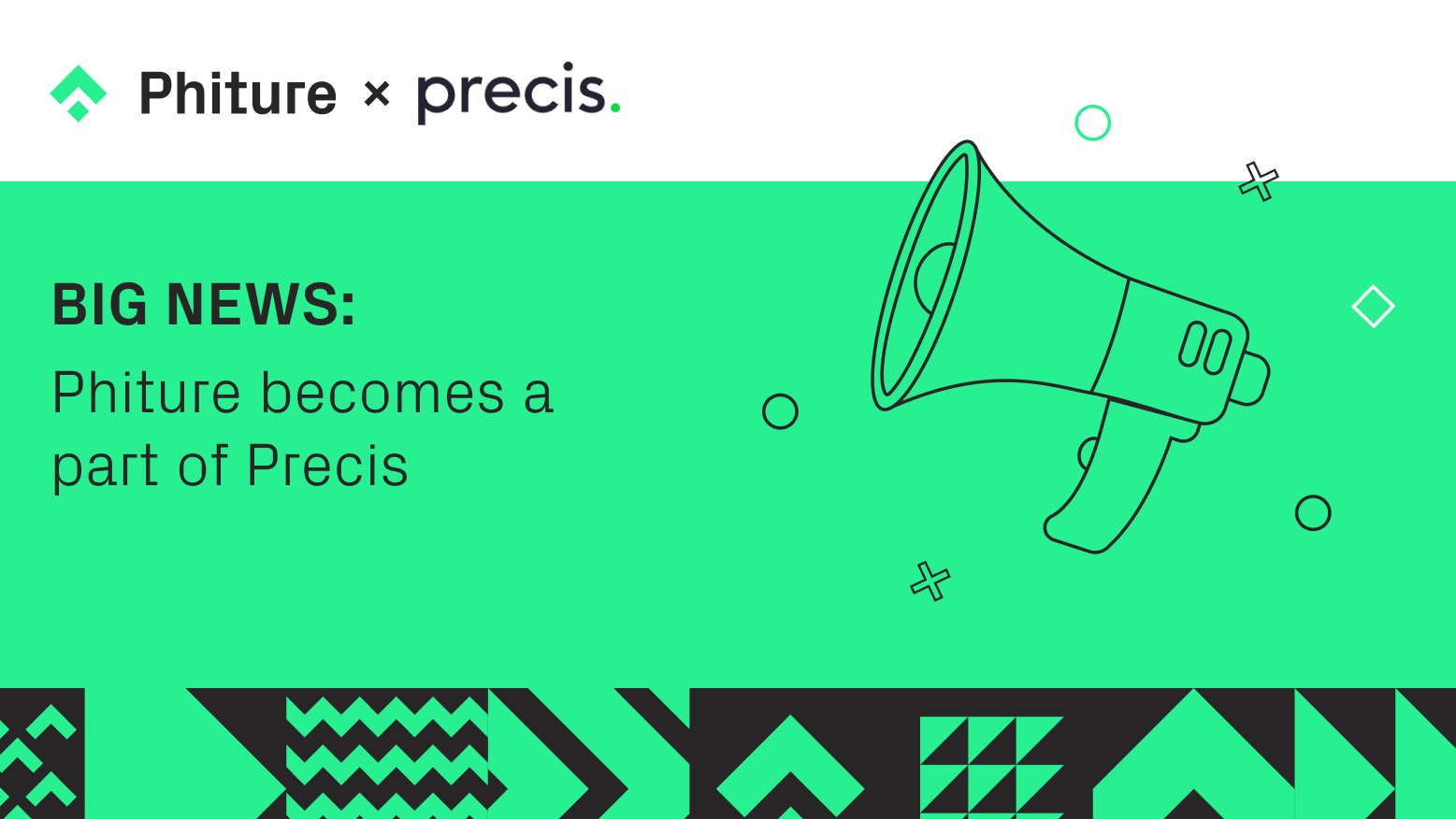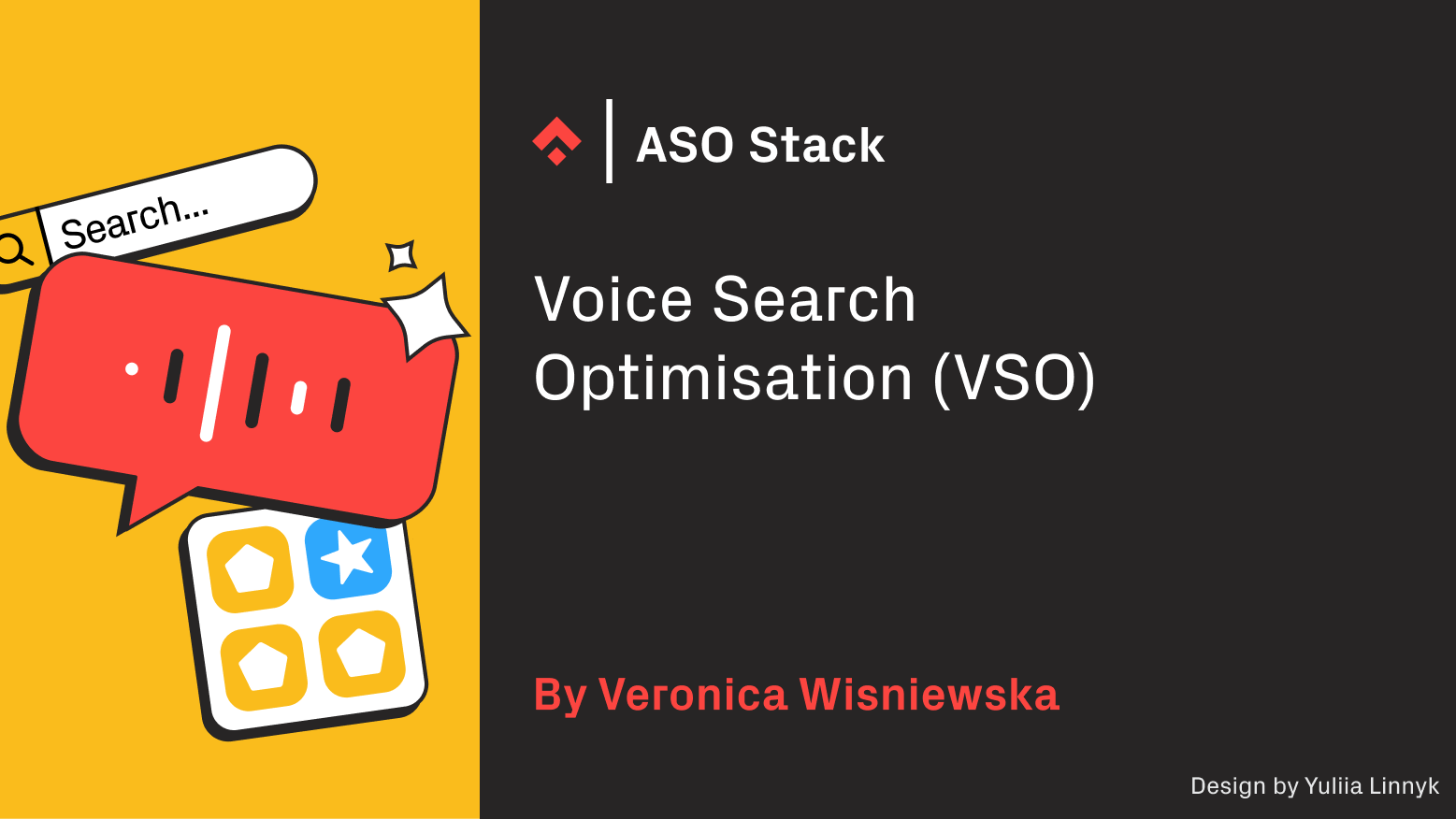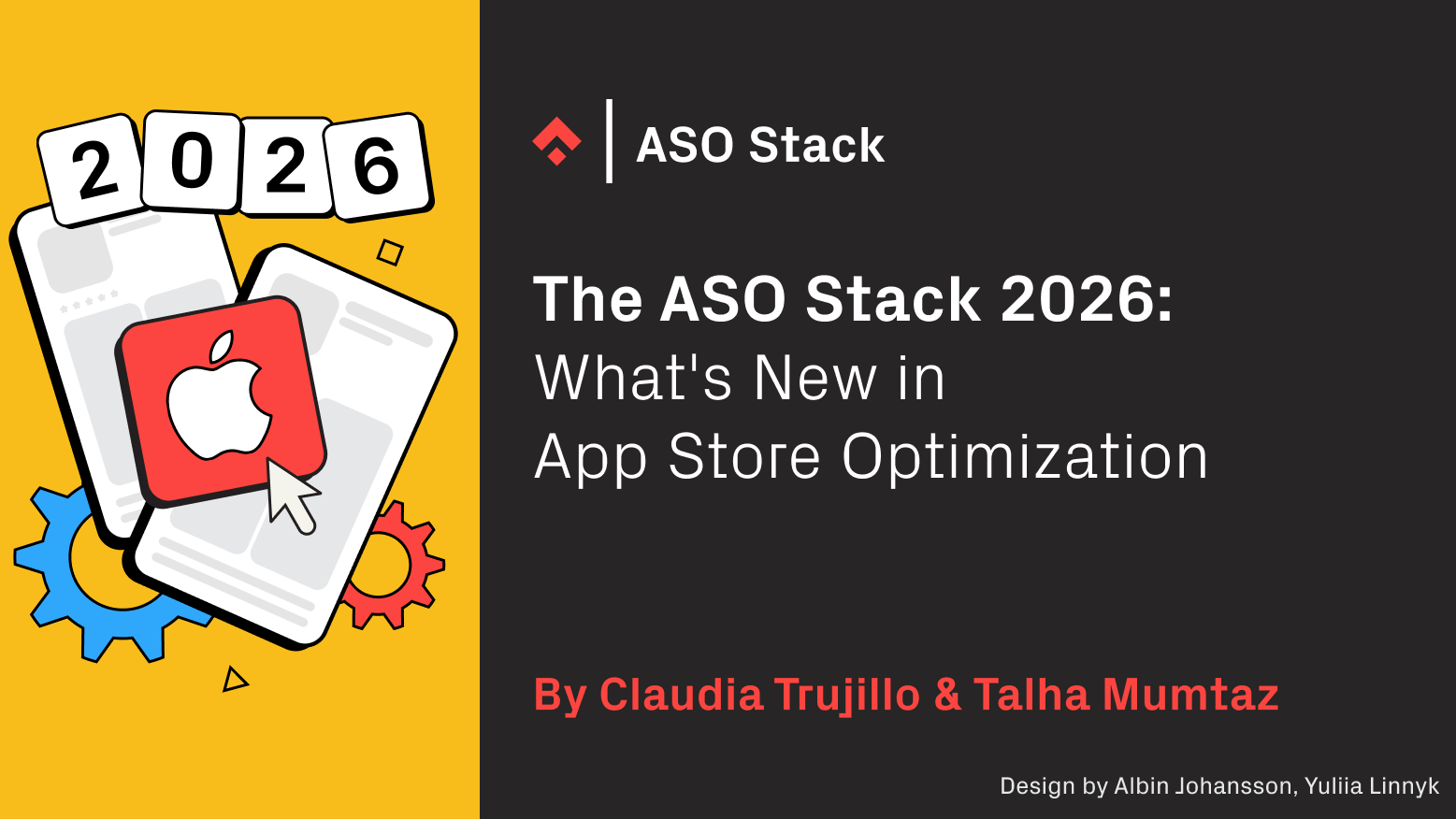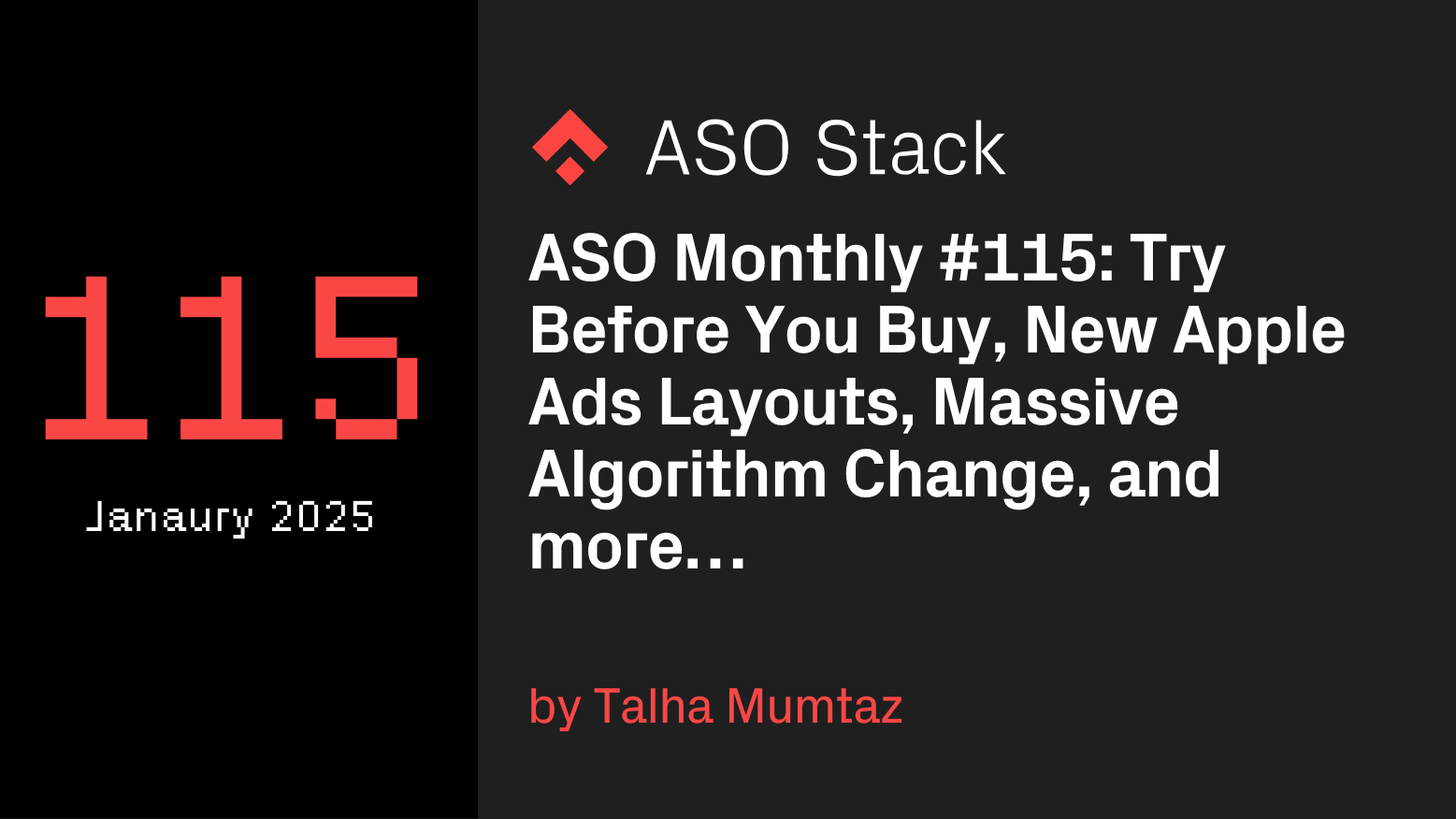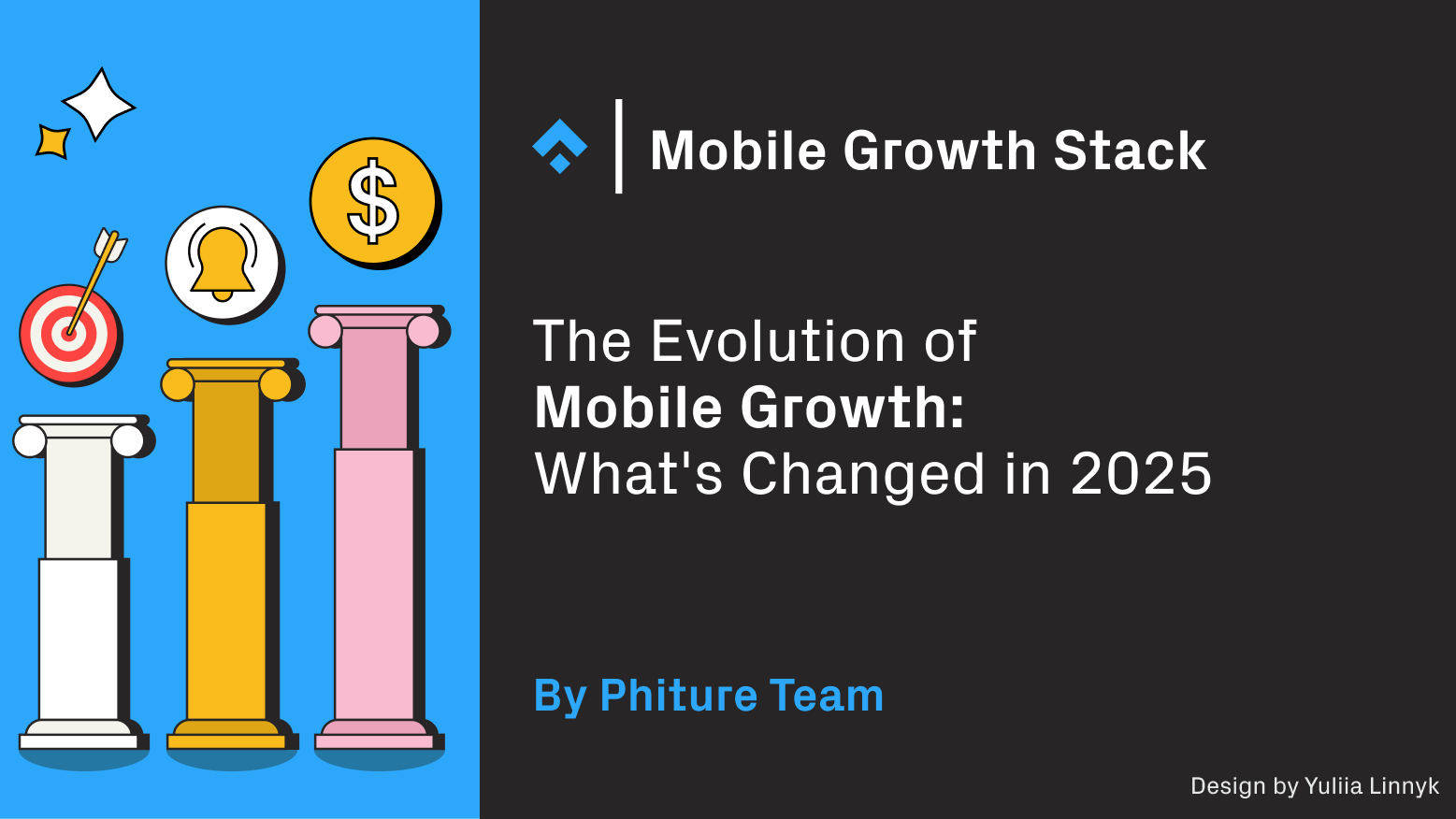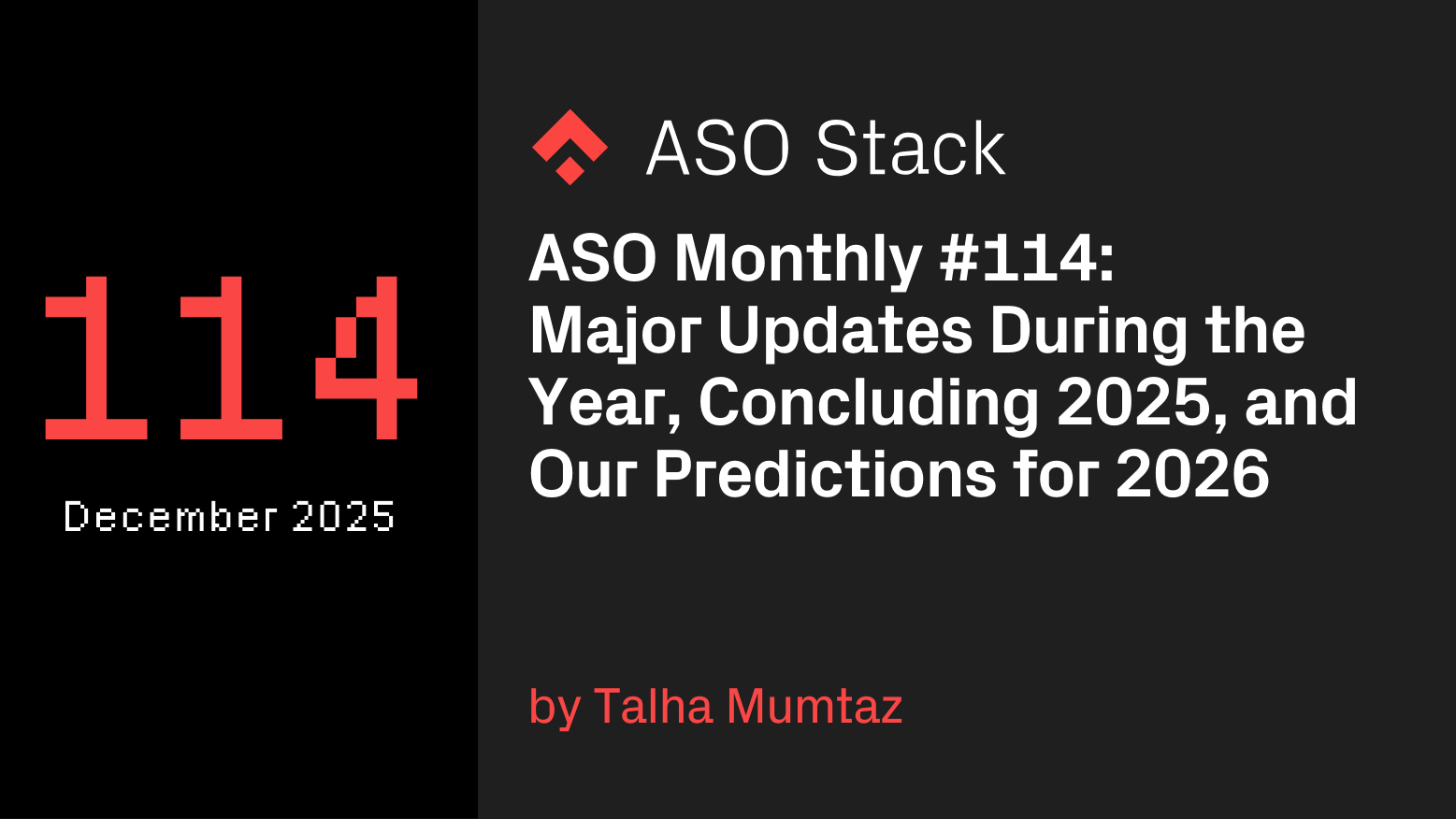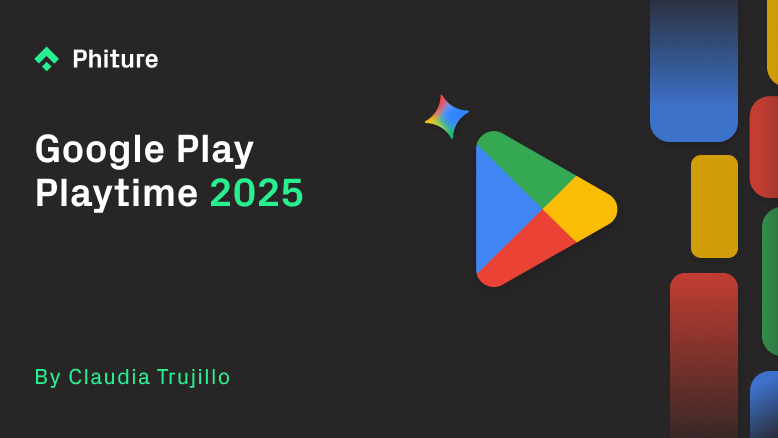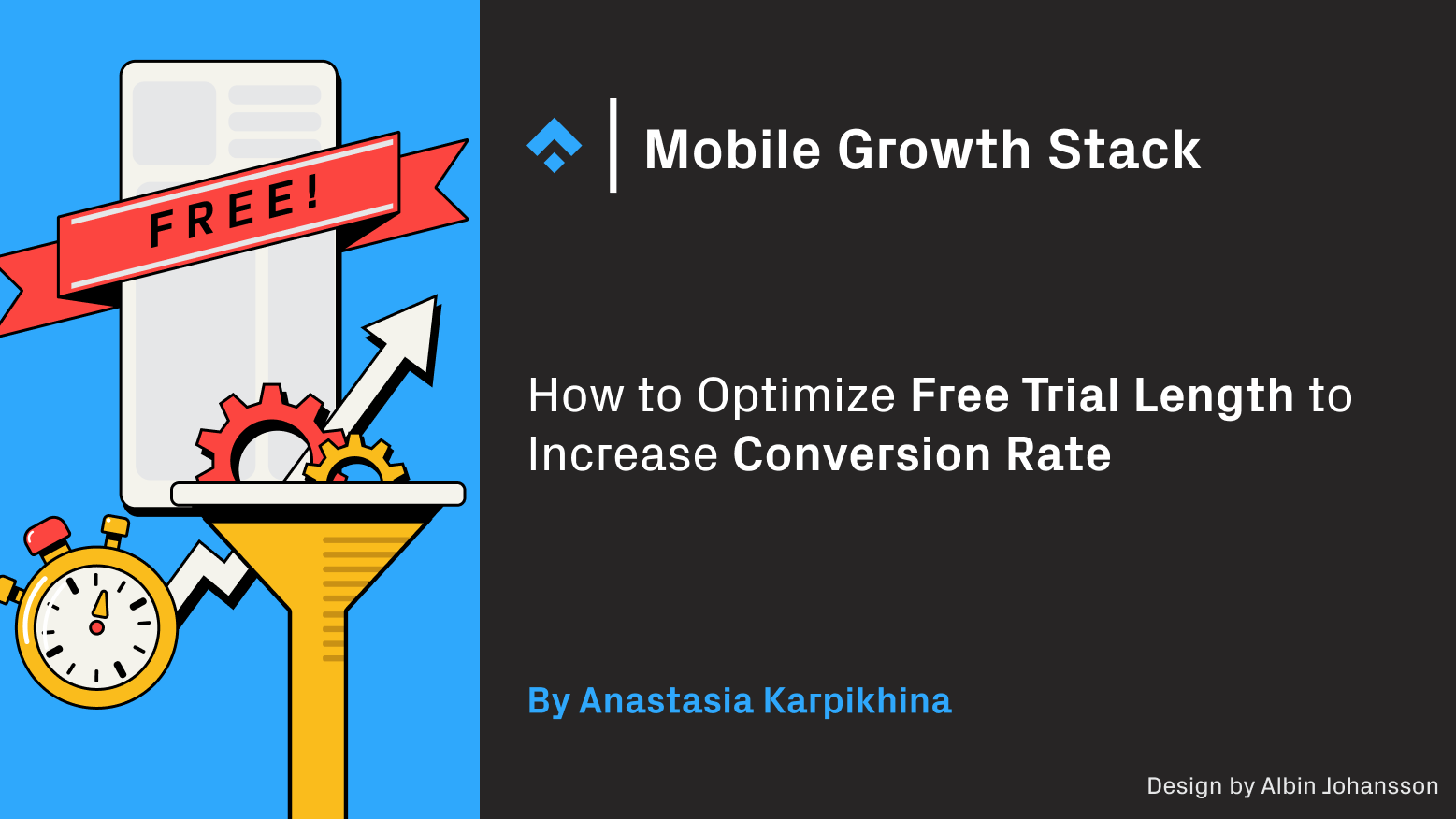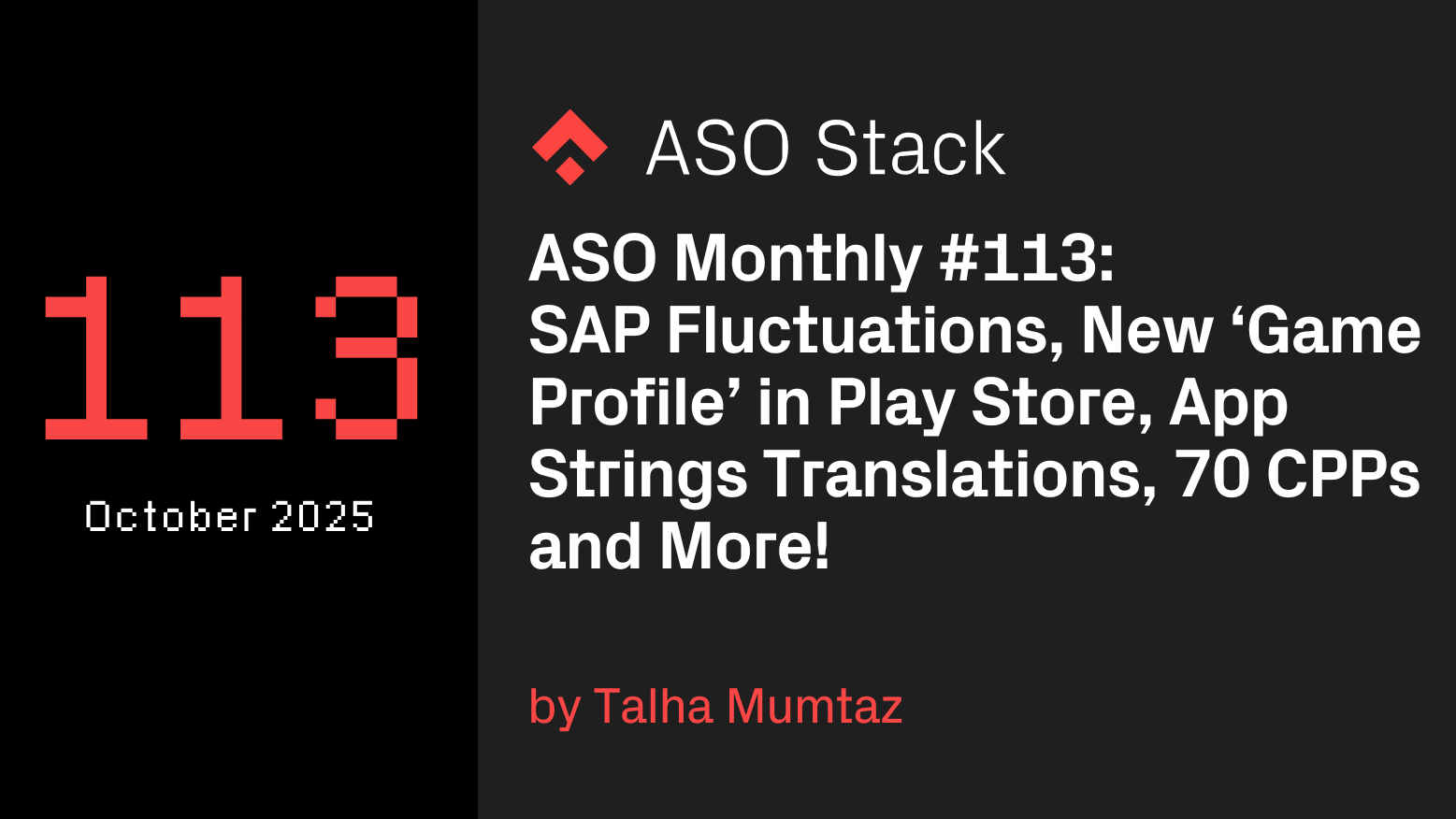In the ASO Monthly-series by ASO Consultancy Phiture, we reflect on the previous month and shed a light on trends in app store optimization, algorithm changes, insights in conversion rate optimization and tools updates.
Subscribe to receive the ASO Monthly via email.
This update was written by Katia Covaci, an ASO Consultant at Phiture.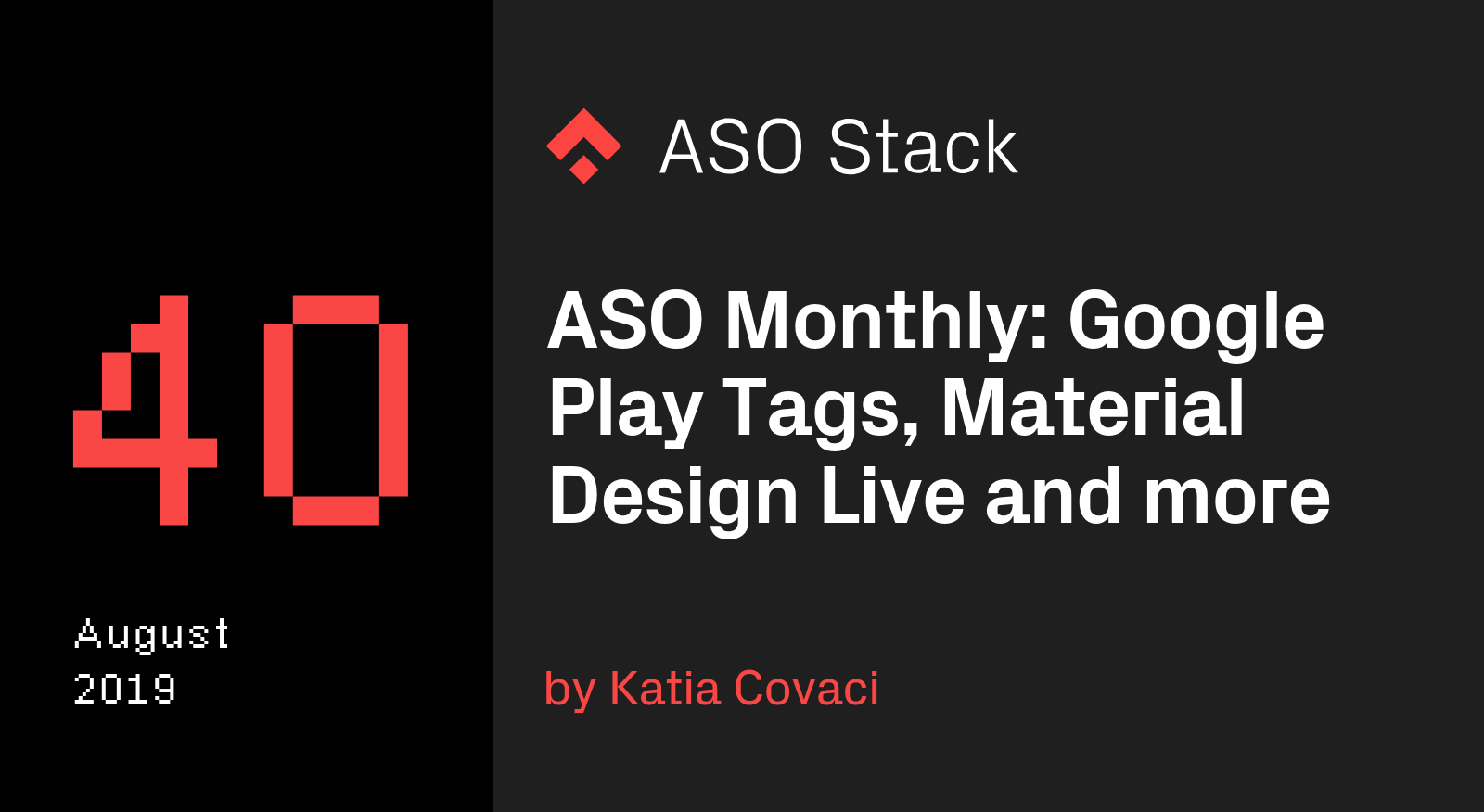
The ASO Conference 2019 is coming to New York! Are you ready for another great ASO conference with expert discussions on advanced ASO marketing strategies? Get an early bird ticket here!
July 31: Google’s Play Pass App and Game Subscription is Now in Testing Mode
Following the news from last year that Google was reportedly developing an app and game subscription, it is now confirmed that the service named Play Pass is already being tested. Unlike Apple’s Arcade, Play Pass will offer both premium games and apps without ads or in-app purchases for a fixed monthly fee.
According to the testing sign-up page, Play Pass is going to provide the above benefits, plus family sharing for $4.99 a month after a 10-day trial. This should encourage users to play even more games. At the same time, apps and games that won’t be included in the subscription will have to increase their ASO efforts to enjoy their piece of the cake.
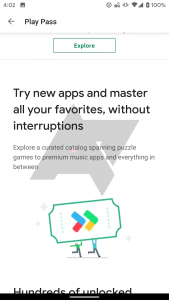
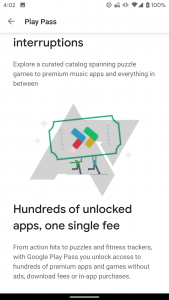
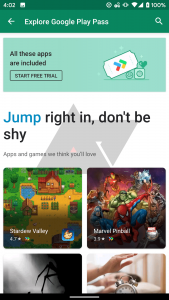
Source: androidpolice.com
August 8: Google Rolls Out a New “Tags” Feature
First spotted by some of the ASO Stack Slack community members on August 8, Google just rolled out a new “Tags” feature aimed at helping the developers to describe their app in order to further promote its discovery.
You should choose tags that are most obviously relevant to your app. It should be very clear to a user unfamiliar with the app why the tag is relevant based on the store listing or initial in-app experience.
According to Google, tags may influence where the app is displayed on Google Play. Peer groups based on the tags are now also added to acquisition reports and it is possible to compare your app against them.
We are still waiting to see whether the tags will bring actual value to developers, or is it just another way for Google to collect category data and further train its algorithm.
August 8: Majority of Traffic Classified as Organic due to a Google Play Console Bug
The Phiture team noticed a surge in Explore installers at the end of July, while Third-Party installers were close to zero. On August 8, Google confirmed an attribution issue by displaying the following message in the Acquisition reports page:
Starting 25th July 2019, a majority of traffic from other acquisition channels has been incorrectly classified as ‘Play Store (organic)’. We are working to resolve this issue.
As of today, the bug remains unfixed.
August 8: It is No Longer Possible to See the Detailed Performance for Google Search and Google Ad Campaigns
Google Play Console will no longer display detailed information on acquisition from Google Ads and Google Search. This data can be tracked directly from Google Ads account. The below message was spotted by our team on August 8.
Aug 12: Google Moves App Packs into Knowledge Graph
Google is now moving the App Packs into the Knowledge Graph. At the moment, it is live only for certain search terms in some locales. While the app pack for “photo editor” search term was included in the Knowledge Graph in the US, the same is not true for “vpn” or “video editor”.
We believe that the impact of this update should be relatively limited on the user. At least for now, there is no consistency in the placement of Knowledge Graph and App Packs in relation to ads. The user journey in both sections is very similar, taking the user from the search results page directly to the app store listing of the selected app.
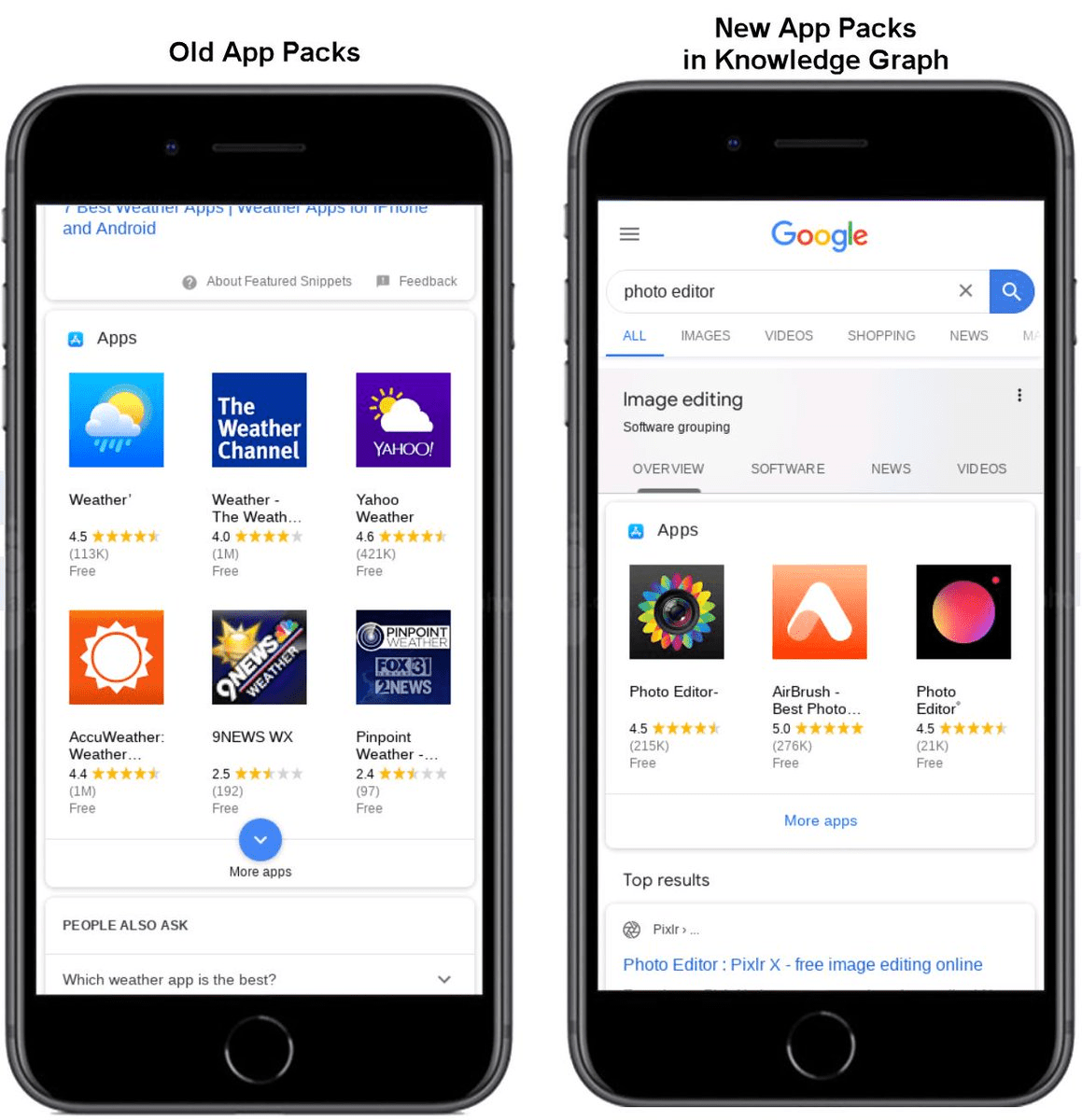
Source: twitter.com/suzzicks
August 15: All New Android App Submissions Now Require Three Days for Approval
Back in April, Google mentioned on their blog that they would soon do more thorough checks of the new developers coming into the store, and thus will take more time to review new apps.
This month, the new process went live, and now developers are required to submit their apps for review at least three days they want it to go live. The good thing is that the overall quality of the apps on the Play Store will likely increase. However, there are a couple of drawbacks too. First, the developers were not notified in advance about the upcoming change. Second, it is now nearly impossible to schedule the release of a new app, as it goes live automatically after the approval, just like on the App Store. Besides, three days is an estimated time frame.

Source: choiceofgames.com
August 15: Today Editorial Stories are Now Available on Web
Around August 10, it became possible to read App Store Today editorial stories in full from a web browser. While the Today stories were always shareable via links, the web content was limited to the title and another link suggesting to open the page in the App Store. The user experience on the web now resembles the one on an iPad or iPhone.
On the ASO side, it means that featuring can bring even more benefits as it can now reach a bigger audience.

Source: 9to5mac.com
August 19: Apple Changes Regulations for 17+ Age Ratings and App Availability
According to Apple Developer News and Updates, Apple has now updated its global age rating system. Specifically, starting August 20 all apps and games featuring “Frequent/Intense Simulated Gambling” will be rated 17+ in all countries and regions.
Apple also worked with the government of Korea in order to provide additional opportunities to developers. The negotiations resulted in the new age verification process allowing the apps to be displayed to the users 19 years of age or older if they fall under certain categories.
This is another move from Apple to protect younger users, after the new rules regarding data privacy for kids apps.
August 21: The Google Play Store’s Material Theme is Live
After months of testing, Google Play Store’s material theme is finally live. The clean new design facilitates apps discovery and improves accessibility. One of the key highlights is the navigation bar at the bottom. It has separate sections for apps and games.
The icon is now bigger everywhere in the store, while the screenshots got smaller. Keeping the elements impacting the user’s decision at the top and implementing a screen-wide call-to-action “Install” button shows the willingness from Google to focus on converting users. The long description is now accessible via a prominent “About this app” call-to-action placed above the short description, reducing the influence of the latter.
How does it impact the conversion optimization strategies of ASO practitioners? We suggest testing improved copywriting for your long description, prioritize icon tests even more, and care a lot about the legibility of your captions on the screenshots.
Keep an eye on our blog to get some in-depth on Play Store’s new design covered in our next article.
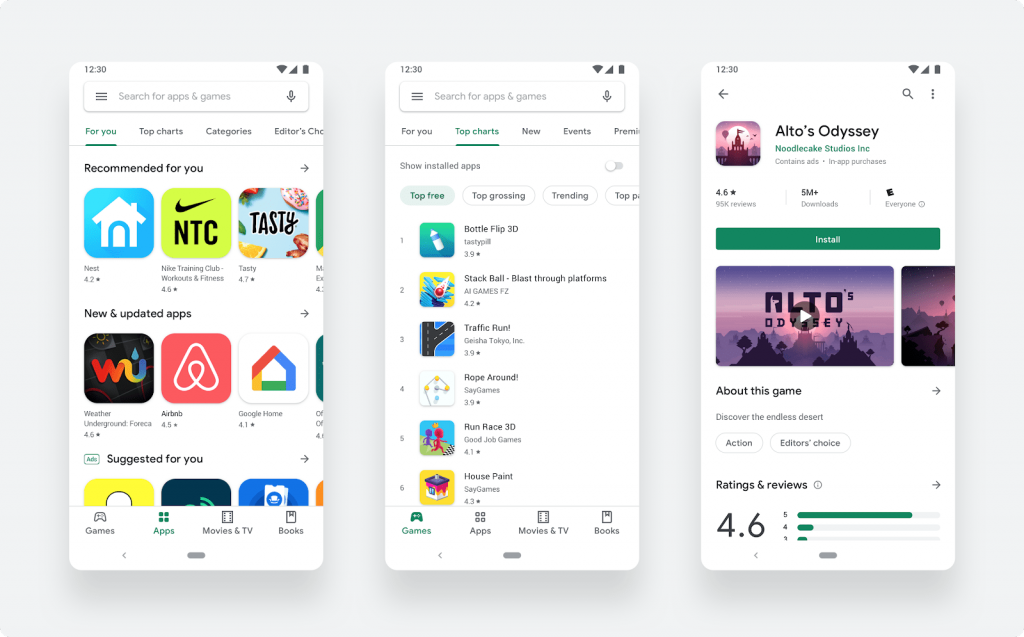
Source: Android Developers Blog
August 25: New Google Rating Rolled Out
Google announced at I/O 2019 that it will place greater significance on your app’s most recent ratings. This new calculation went live this month. Developers can still see their app’s lifetime rating, as well as the total number of ratings and compare their rating to the peer benchmark. What can’t be found is the period of time considered in the calculation of the new rating shown to the users.

Source: Google Play Console
August 27: Release of iOS 13.1 Beta 1
On August 13, Apple unexpectedly released the first iOS 13.1 beta, before the release of iOS 13. It is now clear that the point version will come out shortly after the software update. This means it can be useful for ASO practitioners to also start testing their apps on the new version. Reportedly, iOS 13.1 not only will include new features but also will bring back the removed ones from iOS 13 during the beta period. MacRumors summarized all the expected changes in an article.
August 29: App Store Connect Now Allows to See Hourly Metrics
According to the App Store Connect developer’s page, it is now possible to see sales data on an hourly basis for both apps and in-app purchases, available within two hours for a period of 24 hours.
This may come in handy to find out the best performing time of the day for your app, and better understand users behavior.

Source: App Store Connect
August 29: Apple Publishes Documentation on Dark Mode
One of the most anticipated features of the iOS 13, Dark Mode is now supported with the documentation for developers. On August 29, Apple published the guidelines helping developers to optimize their apps for the upcoming change. Those who need more time to adjust can also find out how to opt out from Dark Mode. The fifth beta version of iOS 13 also came out this month, which can be useful for testing the optimized apps.
It is time to prepare new sets of creatives too!
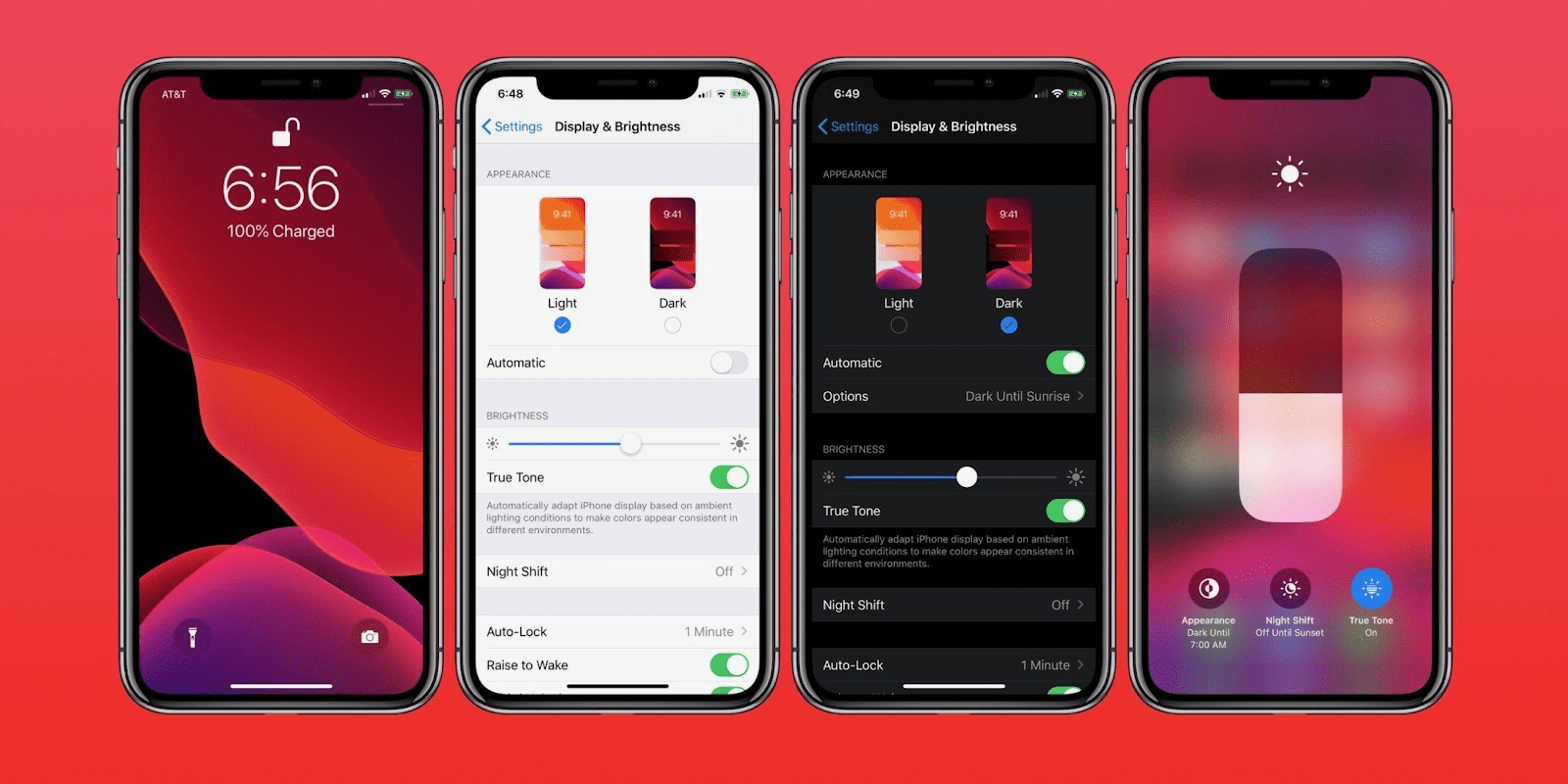
Source: 9to5mac.com
August 30: Google Play Begins Autoplaying Promo Videos
Starting in September 2019, Google will autoplay store listing videos. For this reason, the developers are required to turn off monetization of their videos or upload a different one before November 1.
It is currently impossible to view videos directly on the Play Store. Instead, users are redirected to YouTube. For this reason, videos are not bringing good results in terms of conversion. The problem is rather in user experience than in the asset itself. When Apple started autoplaying app previews on the App Store with the release of iOS11 in 2017, this had a big impact on conversion as it would retain users’ attention in search results.
It is not yet clear, whether videos on the Play Store will be autoplaying on brand snippets in search results, and if Android users will be able to switch off autoplay in the settings. Depending on these and other factors, we should soon see whether we still need to prioritize a poster frame or to invest resources into the creation of a killer promo video, or maybe get rid of it altogether and focus on engaging screenshots instead.
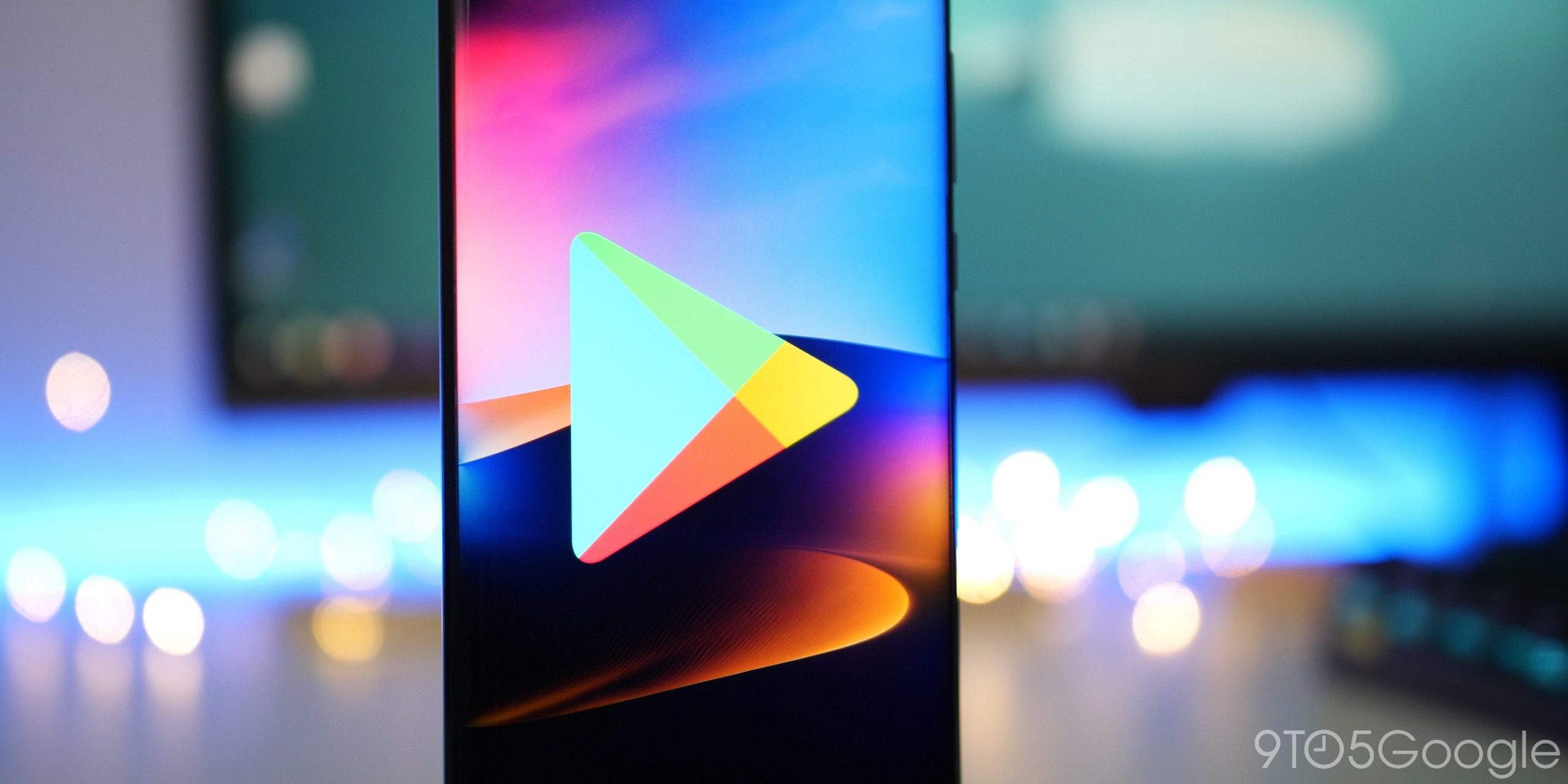
Source: 9to5google.com
Thanks for reading! Feel free to connect with our team at Phiture on Twitter, or join the conversation in our ASO Stack slack channel.
Upcoming events in September
App Growth Summit São Paulo (São Paulo, BR, September 5 )
Digital Marketing Leaders Summit Singapore 2019 (Singapore, SG, September 11–12)
Mobile Next ( Arizona, US, September 16 –18)
Mobile Growth Summit Europe 19 (Berlin, DE, September 18 -19)
Tokyo Game Show 2019 (Tokyo, JP, September 21–22)
More Mobile Growth events can be found in our list here!

